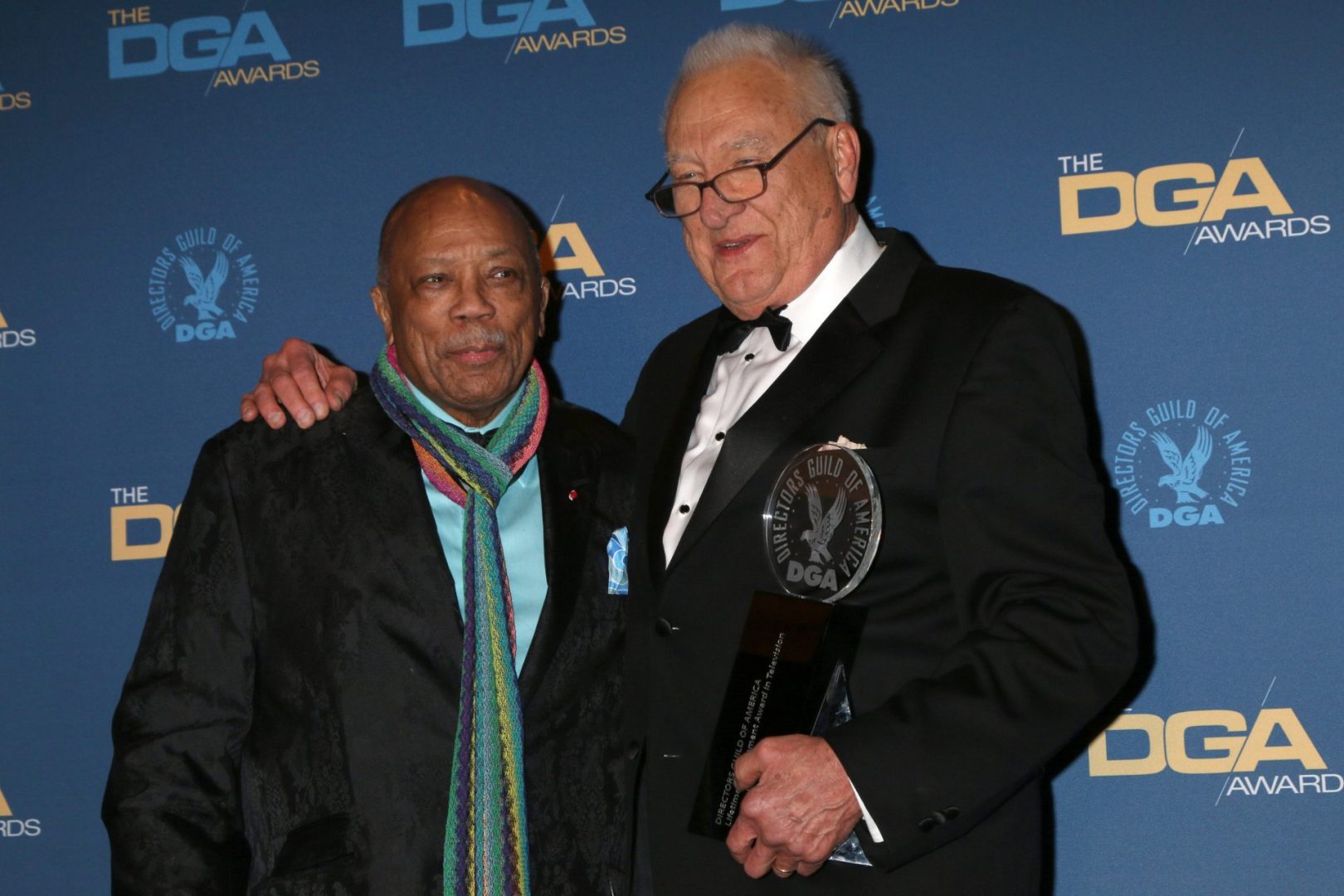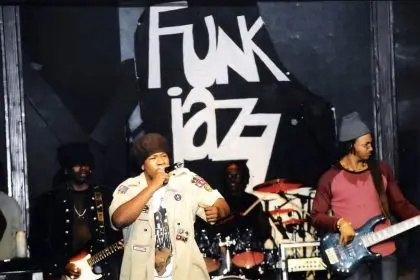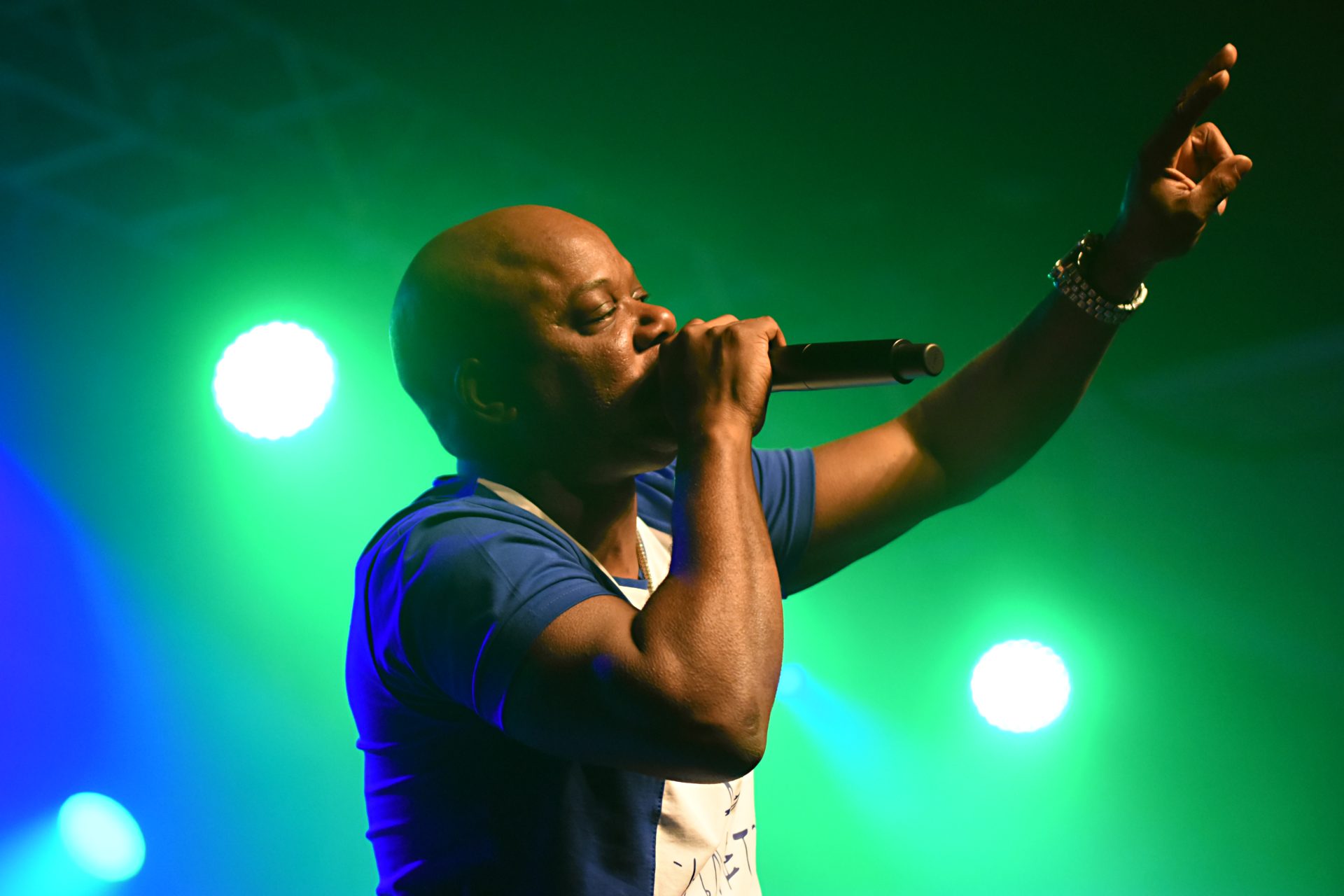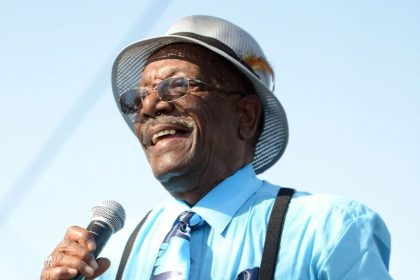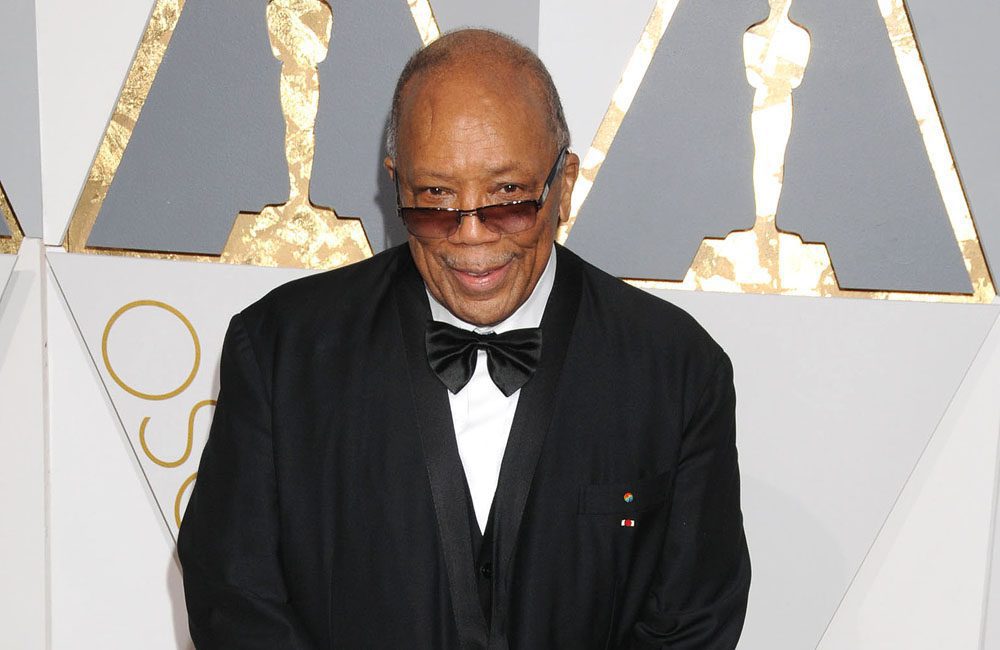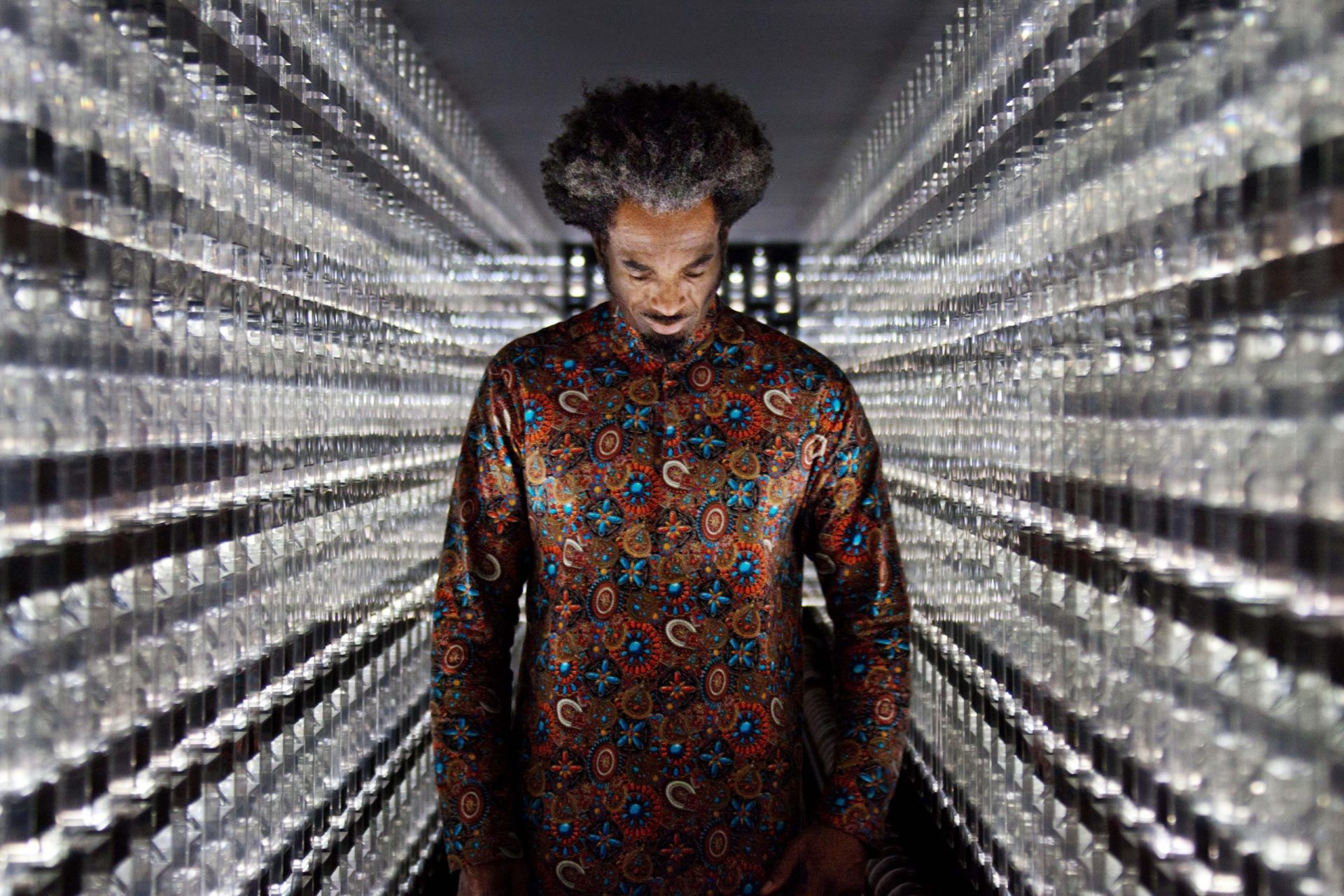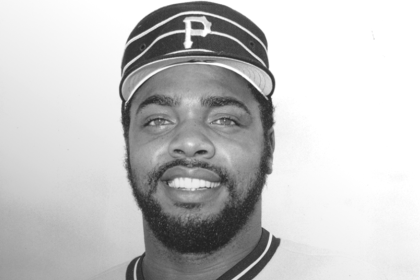Quincy Jones had left an indelible mark on the music world by the time he quietly slipped away from it at the age of 91 Sunday night in the posh Bel Air suburb of Los Angeles.
He worked with stars among stars, from Michael Jackson and Frank Sinatra to Ray Charles and Aretha Franklin, producing and scoring some of the most memorable songs.
He produced Jackson’s signature album, “Thriller” — the top-selling pop release of all time — and also the song, “We Are the World.” He scored the 1977 miniseries “Roots.” He co-produced The Color Purple, hand-picking a Chicago talk-show host named Oprah Winfrey for her role as Sophia, which helped make her a household name.
Jones’ publicist, Arnold Robinson, announced his death, without identifying a cause. The announcement was confirmed by the music legend’s family in a statement.
Statement from the family
“Tonight, with full, but broken hearts, we must share the news of our father and brother, Quincy Jones’ passing,” the statement read. “And although this is an incredible loss for our family, we celebrate the great life he lived, and know there will never be another like him. He is truly one of a kind and we will miss him dearly; we take comfort and immense joy in knowing that the love and joy, that were the essence of his being, was shared with the world through all that he created. Through his music and his boundless love, Quincy Jones’ heart will beat for eternity.”
Over this past weekend, Jones reportedly experienced a bad reaction to some food he ate, according to TMZ. He was whisked to a hospital and appeared to be out of danger, having never lost consciousness and being “in great spirits.”
Quincy Delight Jones, Jr., was born March 14, 1933, on Chicago’s South Side, to Quincy Sr., a semipro baseball player and carpenter, and Sarah Frances Jones, a bank officer and an apartment complex manager who later suffered from schizophrenia. He burst onto the music scene as a jazz trumpeter in Seattle in 1947, right about the time he became lifelong friends with a blind piano player then known as R.C. Robinson, later known as Ray Charles.
He wrote music for Count Basie and earned a short-lived spot touring with Lionel Hampton before Hampton’s wife overruled the arrangement because at 15 Jones was too young and needed to finish school. Once Jones did three years later, he was back on the bus with Hampton’s group.
Jones had 28 Grammy Awards, the third-most won by a single person — only Beyoncé at 32, and Georg Solti at 31, had more. He was nominated 80 times.
Charles inspired Jones
Jones considered Charles an inspiration for his own music career, seeing how Charles overcame his blindness to become a star.
Jones went on to become the first African American to be a senior executive at a major White-owned music label — Mercury Records. In 1963, he produced Lesley Gore’s 1963 hit “It’s My Party,” and, in 1964, he arranged the jazz-pop hit “Fly Me to the Moon” for Sinatra and Count Basie. Sinatra, in fact, nicknamed Jones “Q.”
When speaking of his success in the music business, Jones often credited the work ethic of his father, whose motto was: “Once a task is just begun, never leave until it’s done. Be the labor great or small, do it well or not at all.”
In the 1960s, Jones heard Franklin’s voice for the first time. She was singing in gospel caravan tours across the country with her then-more-famous father, the Rev. C.L. Franklin. Jones’ career as a jazz arranger and conductor was in its infancy.
Franklin had just released “Young, Gifted and Black” and “Amazing Grace” — one of her enduring bestselling works — when she teamed up with Jones in the spring of 1972. They worked together for five months and came up with “Hey Now Hey (The Other Side of the Sky)” which helped steer the Queen of Soul into her trademark gospel-influenced R&B and soul.

